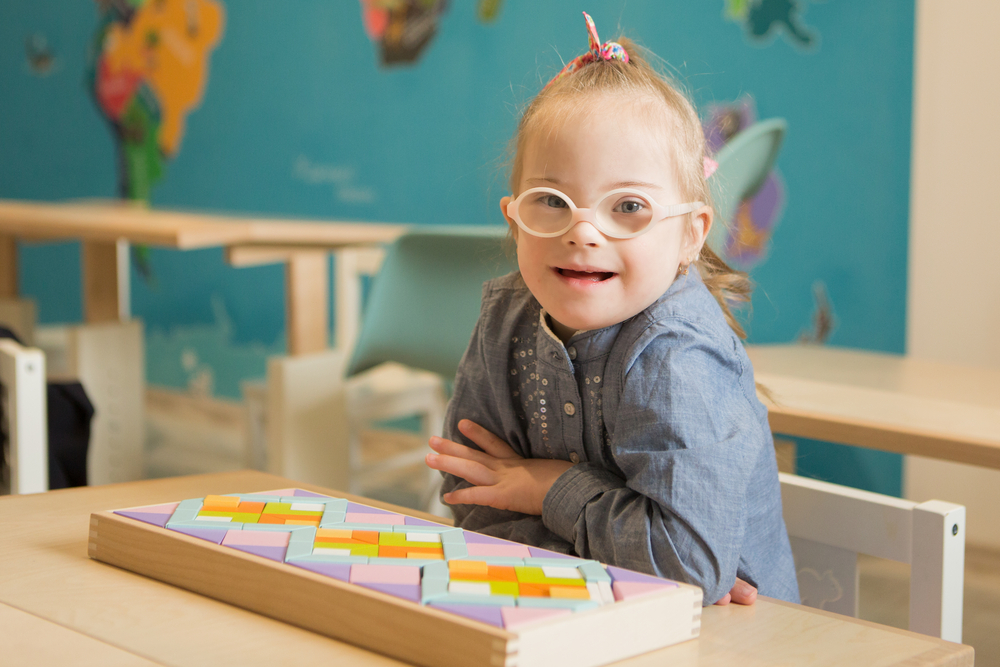 Having a child with special educational needs can be extremely difficult to deal with as a parent. You can’t just set the same rules and guidelines as you would for a child who is deemed perfectly normal, because special education kids often brush up against these rigid rules and come in conflict with authority simply because of their condition.
Having a child with special educational needs can be extremely difficult to deal with as a parent. You can’t just set the same rules and guidelines as you would for a child who is deemed perfectly normal, because special education kids often brush up against these rigid rules and come in conflict with authority simply because of their condition.
It’s difficult to know where to draw the lines because it’s hard to know whether your child is acting out, or is at the mercy of their condition. Your child doesn’t have to feel different, or like an outsider however, while they attend school. Let’s go through the entire process of raising a child with special educational needs, and talk about how you can best manage the situation to ensure the highest level of personal success for your child, despite their disability.
Diagnosis
Before you can go about creating a structure for how to best raise your special educational needs child, you must first determine what their diagnosis is. For some kids it’s ADHD, for others it may be dyslexia, ODD, or some other learning disability. As a parent, it’s your job to put your emotions and your ego aside, and really consider the fact that your child may have a learning disability. Once you have made this distinction, you need to take them to the doctor and get them diagnosed. Make sure the examination is as thorough as possible to avoid misdiagnosing your child. Medication could be in the cards if the diagnosis calls for it, and a misdiagnosis can be disastrous for obvious reasons.
Acceptance
Once you get your child correctly diagnosed with a learning disability of some sort, you can begin to formulate a strategy for helping them as best you can throughout their life. Accepting the fact the your child does have a disability and will not be like all the other kids can be hard to do at first, but seen through the correct light, it will be incredibly relieving and take the pressure off of you. No longer will you be trying to fit a square peg into a round hole.
Strategies for Maximizing Potential
While accepting that your child has a disability can be a difficult but possible for you, the parent, it can be a burden for a child. You don’t want your child to feel like he or she can just accept mediocrity because they are disabled. They need to be pushed to strive for their personal best at all times, however that may be.
You should focus on creating a good, positive, and empowering relationship with your child, so as to boost their self esteem. Kids with special needs are often picked on so they more than anybody need the self esteem and confidence to get through life while tackling the hardships they will face head on. Create charts and graphs that help them visually see their progress in certain areas, and keep these up to date. Offer rewards for good performance. This is a great help to children with disabilities as they often aren’t capable of staying this organized on their own. Don’t force them to do stuff they don’t want to do, let them gravitate towards what they enjoy in life and support them fully. Some of the best and brightest people this world has ever seen were learning disabled and chose to carve their own path through life. Had they been forced to do otherwise by their parents, we would not have been blessed by their natural talents and abilities.
In Conclusion
Parenting a special needs child can be a challenge, but with the proper strategy you can help bring them to their full potential. By accepting their diagnosis, and providing support and stability for them at every turn, you can ensure that your child won’t be beaten down by a world who wants everyone to be the same, but rather they’ll find their own unique path in life, and rise to be as great as they can possibly be, at whatever it is they want to do.
